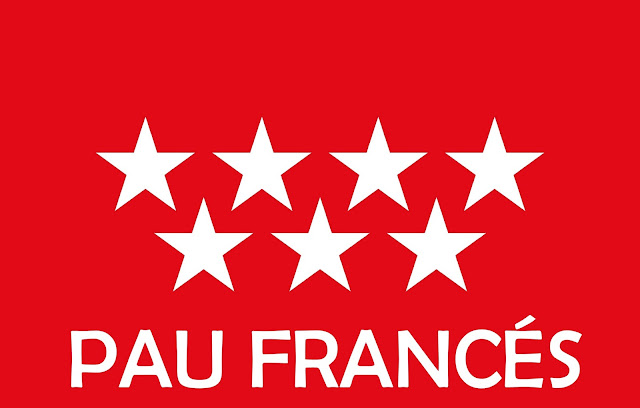>Exámenes selectividad inglés Comunidad Valenciana resueltos
 NORWAY WILL RETURN BACK TO RUSSIA REFUGEES WHO EXPLOITED LEGAL BICYCLE GAP
NORWAY WILL RETURN BACK TO RUSSIA REFUGEES WHO EXPLOITED LEGAL BICYCLE GAP
Sylvi Listhaug, Norway’s immigration minister, has told refugees that exploited a legal gap to enter the country on bikes through an Arctic Circle crossing will have to return to Russia. Around 5,500 asylum seekers used bikes to travel through the Storskog crossing last year and, although Russia does not allow people to cross the border on foot and Norway does not let in motorists carrying people without documents, people on bicycles are allowed in on both sides.
Listhaug also announced that immigrants without a transit visa would be sent back to Russia. The two nations have been sending refugees back and forth since November 2015 when the new route was identified by authorities. Once they reach Norway, refugees spend time at a centre that provides shelter for around 600 people in barracks on a former military camp bordering the airport of Kirkenes. New arrivals are given fleece jumpers, waterproof jackets and other clothes appropriate for the Arctic climate, with most of them sleeping in bunk beds. On Thursday, Norwegian police confirmed that the refugees would not be forced to return across the border on two wheels, and could instead be taken by bus.
The number of people taking the Arctic route is tiny compared with the estimated 750,000 who arrived via the Mediterranean in 2015, a perilous journey that has led to the loss of at least 3,400 lives.
William Watkison, International Business Times, 15-1-2016














































